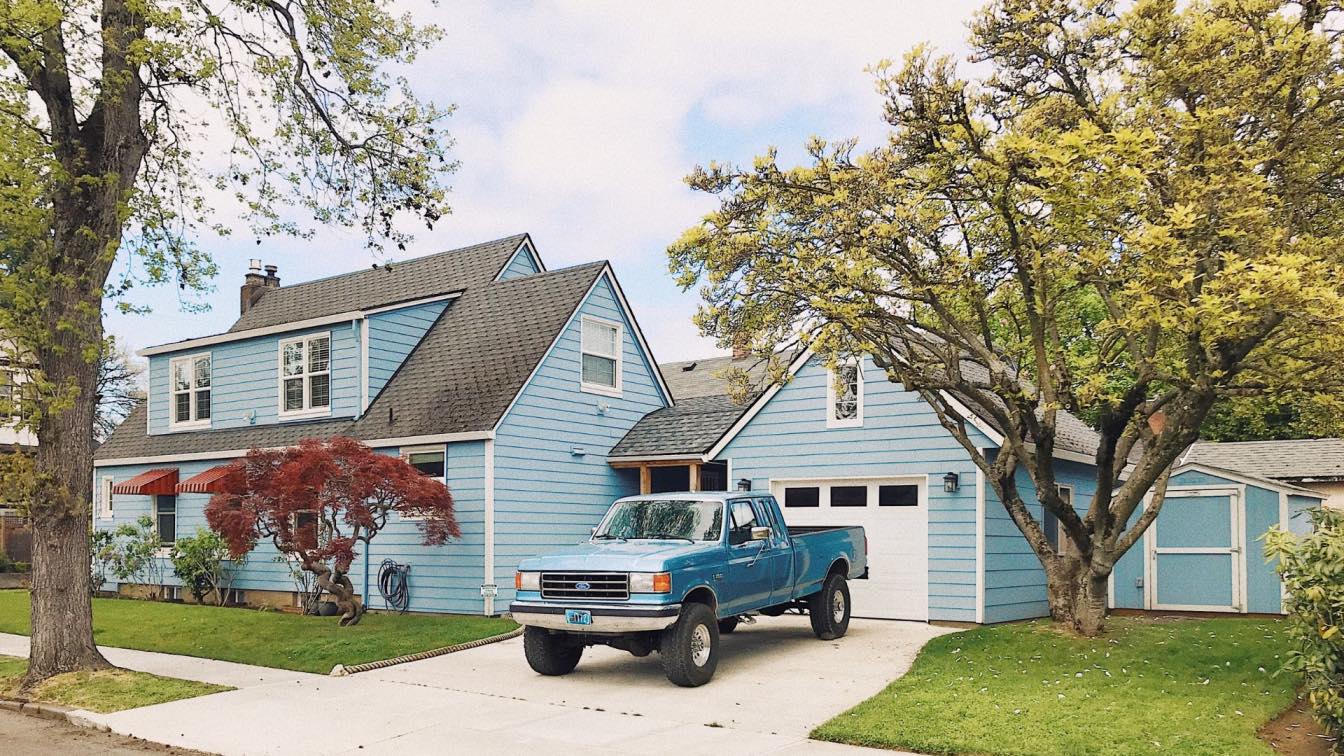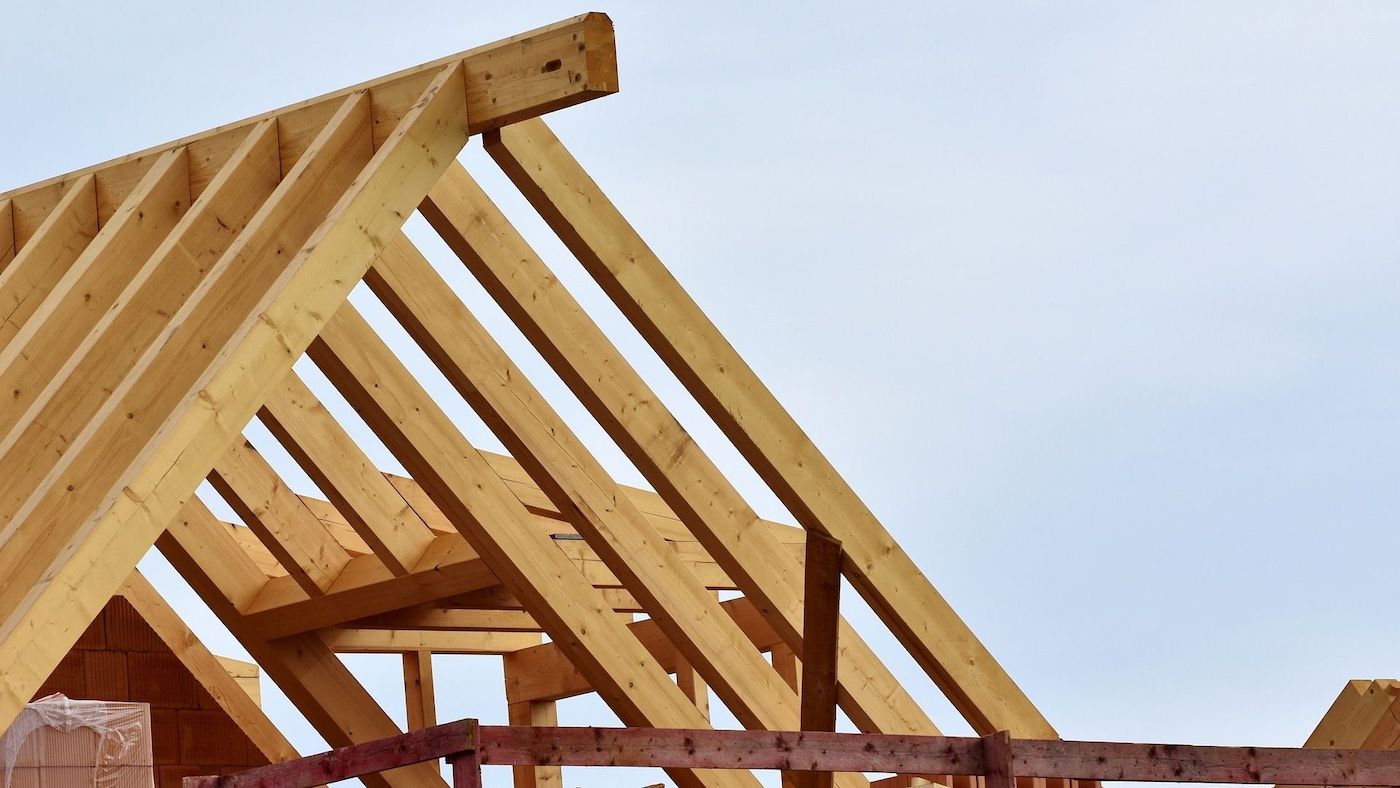Although you and your visitors see it daily, your driveway needs to be addressed when it comes to improving your home's first impression. It may be a good idea to take a stroll outdoors today and make a mental note of any weeds, cracks, holes, or repairs that need to be made. After all, the difficulties of today may become insurmountable tomorrow.
If you're showing your property to potential buyers or just having company around, the initial impression really does matter.
Sunlight and intense weather may cause concrete driveways to crack from expansion. In addition to fixing tiny cracks, you must reseal your driveway every two years. If your driveway is huge, consider hiring professional help like Asphalt Industrial. Follow these principles to keep your concrete driveway in top shape.
Clean it Properly
It's a fact that driveways age like other home exteriors. Treat solid surface driveway stains immediately for easier removal. Remove weeds and treat your driveway to prevent development. Wet or power wash all driveways except gravel. Sweep or rake tree debris to avoid stains, accidents, and plants.
Verify Water Flow
Water collecting on your driveway in the summer will likely freeze solid when the temperature drops. All driveways, regardless of material, are at risk for accidents due to ice patches. Water and ice may also cause cracking in asphalt and concrete driveways. Remove a few inches of dirt and debris from either side of the driveway. Also, your driveway's slope should be designed to deflect water away from your house. Your driveway's cracks, pits, and crumbling might be caused by water flowing beneath it.
Patch Cracks and Holes
Be on the lookout for crumbling concrete, asphalt, paver stones, and cracks and holes when inspecting your driveway. If you detect any gaps in your concrete driveway, caulk and seal them as soon as possible. While you're out there, you should also seal any expansion joints that have been damaged. If you cannot raise them, a concrete resurfacer will be able to assist you in leveling off any low places.
Driveways paved with stone should have any broken or loose pavers replaced. When it comes to gravel driveways, you need to ensure that any holes or ruts are filled in and that the gravel is graded and leveled correctly. In addition to contributing to the aesthetic appeal of your driveway, this may also reduce the risk of accidents such as twisted ankles, falls, and other mishaps. Overlays are another option for repairing asphalt driveways. Contact a local paving company to get an estimate if you're unsure of the best way to deal with your driveway's damage. The experts from lukesasphaltpaving.com note that an asphalt overlay is a great option if the sub-base is still in good condition. Make sure to consult professionals before making any repair decisions.
Take Extra Precautions
Knowing your driveway's upkeep demands helps you plan ahead. For instance, a driveway made of asphalt has to be resealed every 1-3 years, whereas a driveway made of concrete needs to be redone every 3-5 years. De-icers include salts that weaken and break concrete. Use sand for traction and plastic snow shovels to avoid driveway damage.
To preserve your driveway, take care of it year-round.
Key Takeaways
Keeping a concrete driveway in good condition doesn't have to be a hassle. You can ensure that your investment will survive for years to come by repairing any problem areas as soon as you become aware of them, correctly sealing the concrete, carefully removing snow, avoiding the use of de-icing products, parking vehicles away from the margins of your driveway, and cleaning your driveway on a routine basis.





